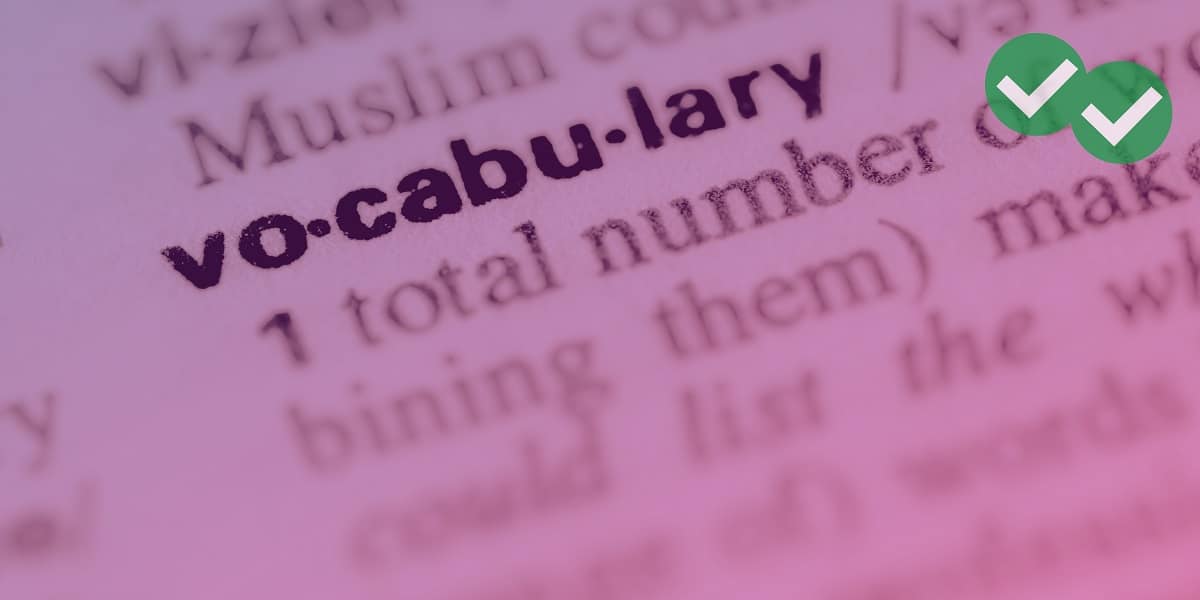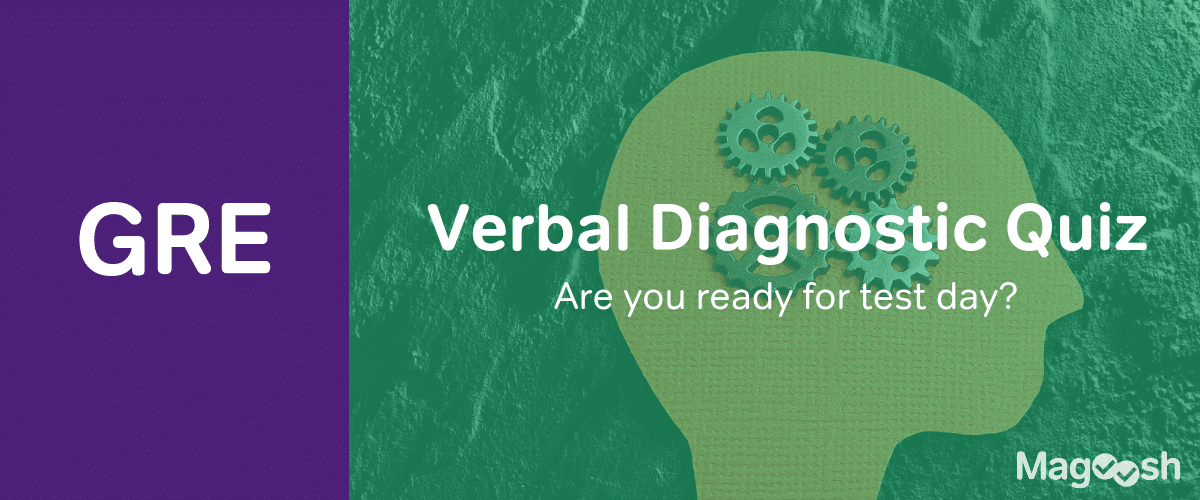
The Sentence Equivalence section is a unique and challenging component of the GRE Verbal Reasoning section. When tackling this section, you’ll need to select two answers from a list of six options to complete a given sentence. Here’s the key: both chosen answers should independently complete the sentence while keeping its original meaning. This part really puts your vocabulary, comprehension, and ability to spot subtle differences in meaning to the test. So, let’s dive into some strategies for tackling this part of the GRE!
Build a strong vocabulary foundation
The GRE loves to test your vocabulary, and Sentence Equivalence is no exception. Start by getting cozy with high-frequency GRE words. Remember, context is crucial for understanding how words behave in various situations. Flashcards, vocabulary lists, and apps can be valuable tools in your word-learning journey. Additionally, make sure to pay attention to the small differences in connotation and meaning between similar words. Remember: understanding a word’s nuances is just as important as knowing its definition.
Analyze the sentence structure
Before you jump into the answer choices, take a moment to dissect the sentence. Identify key players like the subject and verb, and look for connectors or indicators that hint at the sentence’s meaning. This will help you predict what kind of word should fill the blank. Keep an eye out for relationships between different parts of the sentence. Look for hints of contrast, similarity, cause and effect, or other logical connections. Recognizing these relationships can guide you to the right pair of words.
Use process of elimination
With six answer choices staring at you, it’s easy to feel overwhelmed. But remember, you’re looking for a pair of words, not just one. Use the process of elimination to weed out words that don’t fit the context or disrupt the sentence’s logic. This will help you narrow down the choices more quickly. Don’t be afraid to use the elimination process even if you’ve identified one word that fits. Remember, you need two words that work together in context.
Pay attention to connotations and context clues
Consider the connotations of the words in the answer choices. Some words may have slightly different meanings, but their connotations can affect the overall tone of the sentence. Opt for words that align with the intended tone or context of the sentence.
Start by examining the sentence as a whole and anticipate the logical word for the blank. Look for context hints such as synonyms, antonyms, cause and effect indicators, or comparison and contrast phrases. These clues set the tone and direction for the sentence. For example, words like “although”, “despite”, or “however” suggest a contrast. Compare the anticipated word with the given options, aiming for a choice that fits the blank and maintains the original meaning. With practice, you’ll improve at spotting these clues, enhancing your performance on Sentence Equivalence questions and other parts of the GRE.
Practice makes perfect
The key to mastering Sentence Equivalence is extensive practice. Tackle a variety of sentence structures and word usage scenarios using GRE practice tests and official materials. Regular practice will sharpen your sentence-analyzing skills and speed up your word-pair picking process.
Your mistakes are your best teachers. Review the questions you got wrong and understand why you made those mistakes. This will help you spot gaps in your understanding and avoid similar mistakes in the future.
Acing Sentence Equivalence isn’t about being a walking dictionary—it’s about understanding sentence structure, recognizing word relationships, and applying effective strategies. So, strengthen your vocabulary, but also practice regularly, and always learn from your mistakes. With these strategies in your toolkit, you’ll be well-equipped to conquer Sentence Equivalence and rock the Verbal Reasoning section of the GRE.





Leave a Reply